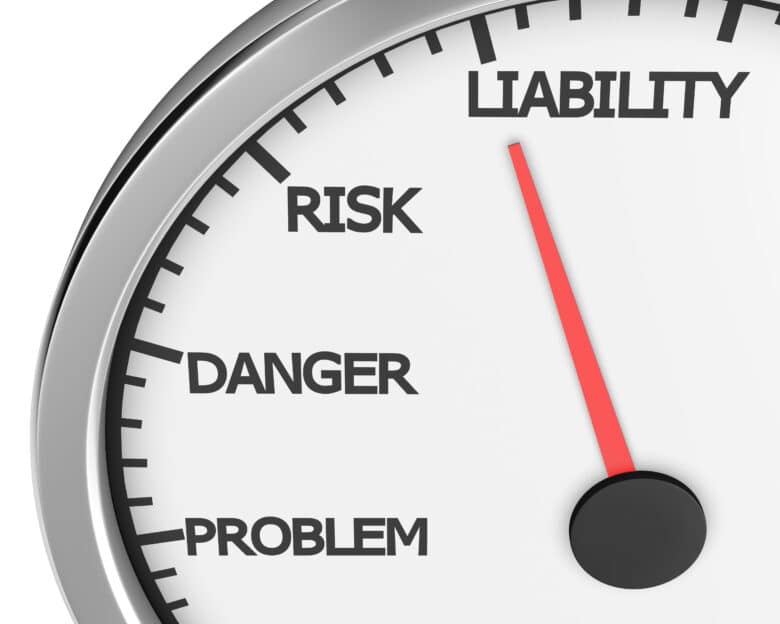Here’s what you need to know to manage risk for your Post-COVID Holiday event.
With the Holiday Season in our midst, many are looking for guidance on how to connect and celebrate with their communities. It is hard to believe it has been almost 2 years since COVID-19 was first detected on December 31, 2019. It halted human activity and interactions around the world months later in 2020 when WHO announced the COVID-19 virus as a global pandemic. Governments around the world responded by locking down countries, restricting activity and limiting human interaction. Large and small events were cancelled or postponed. Virtual meetings and events became the alternative to in-person gatherings. Last year is etched into our memory as a very different experience for many during the Holiday season.
Although there are constant changes in restrictions, people are looking for innovative ways to connect through events. An ongoing trend is the hybrid event which is a group of smaller in-person pods with live-streaming that connects the larger group experience. The in-person experience has COVID protocols which include proof of vaccination, masks, and sanitation. Events have always had associated risks but since COVID there is more awareness and sensitivity to risk.
To get the inside scoop on what you should know to manage risk when planning virtual and hybrid events, we chatted with Kieran Knock, Team Lead of New Business from APOLLO Insurance, to get the answers you need to know. APOLLO is a Canadian digital insurance company that gets you the right coverage, quick and easily.
Here are the answers to common questions regarding how to minimize risk exposure:
Why is event insurance important to get for in-person events?
“To protect yourself against any damages to the space you’re renting or bodily injury to your event guests as a direct result of the event. If the event holder damages the property they are renting, they would want insurance to protect them. They also want liability to protect themselves against bodily injury of attendees. For example, the event holder lays down a rug improperly and an attendee trips and hurts themselves or a drink spills and is not cleaned up and an attendee slips, etc. In these cases, the venue is not responsible for the direct actions of the event holder.”
Is event insurance expensive?
“It depends on the type of event, but it is usually very affordable when compared to a traditional commercial insurance policy. Typically, event coverage begins at approximately $150.00.”.
Is COVID-19 covered under event insurance?
“No insurance policy will cover claims arising from COVID-19 or other communicable diseases. This includes cancellation of the event or features due to COVID. It is always best to ensure the contract with a venue, vendor, talent, speaker, etc has a clause to mitigate this risk.”
What can I do to mitigate risks associated with COVID? Is there a new protocol?
“It’s best to refer to provincial guidelines and regulations for COVID-related precautions. Generally speaking, it’s a good idea to require all guests to provide proof of vaccination.”
Are COVID related cancellations covered?
“Pandemic-related shutdowns that affect the province/country as a whole are uninsurable. Every insurance policy will have an exclusion for these types of claims. Insurers are not in a financial position to be able to cover these types of losses.”
With the hybrid event model, can you get event insurance for both the in-person and virtual elements of the event? What types of risk and insurance do I need to consider?
“Our product only offers Commercial General Liability, which only applies to the in-person portion of the event. The General Liability in the case of a special event is usually purchased to protect against property damages and bodily injury. Regarding cyber liability for the virtual component of the event, this type of policy is typically purchased on an annual basis by companies with ongoing operations and if they collect and store data on clients or members as a part of their regular business. There is no short-term cyber liability policy available for this portion of the event.”.
Restaurants are a popular venue for events since they are required to police vaccinations and ensure safety protocols are in place. Is event insurance still needed as they have liability insurance with their venue in place already?
“Yes, as the venue’s insurance does not extend to cover claims resulting from negligence or unforeseen accidents of those renting the space. The event holder is not covered for damages to the rented space if they do not have insurance. Many venues will require event insurance to use the space to protect them from this risk. If the renter is serving alcohol to the guests, the special event policy can provide liquor liability coverage to the insured so long as the receipts from liquor sales are under a certain limit and the event beholder obtained the required liquor license.”
As we begin to cautiously engage more with in-person and hybrid events, it will give you peace of mind to know that due diligence is implemented to ensure the safety of your guests and risk management is in place for the unforeseeable tragedies that can happen. Great event planners always have a contingency plan and support in place to address potential risk. Having the right event coverage is one of the most important steps.
We hope this article has been helpful as you continue to engage with your communities virtually. Thanks to Kieran Knock from APOLLO for sharing your insight and expertise on this very important topic. To learn more about how to mitigate your risk and get the right coverage for your event and business, contact APOLLO and get the right coverage quickly and easily.
Remember to also check out UeventPRO.com for FREE access to event resources, blueprints, and vetted local pros and businesses to help you deliver amazing events, easily.
